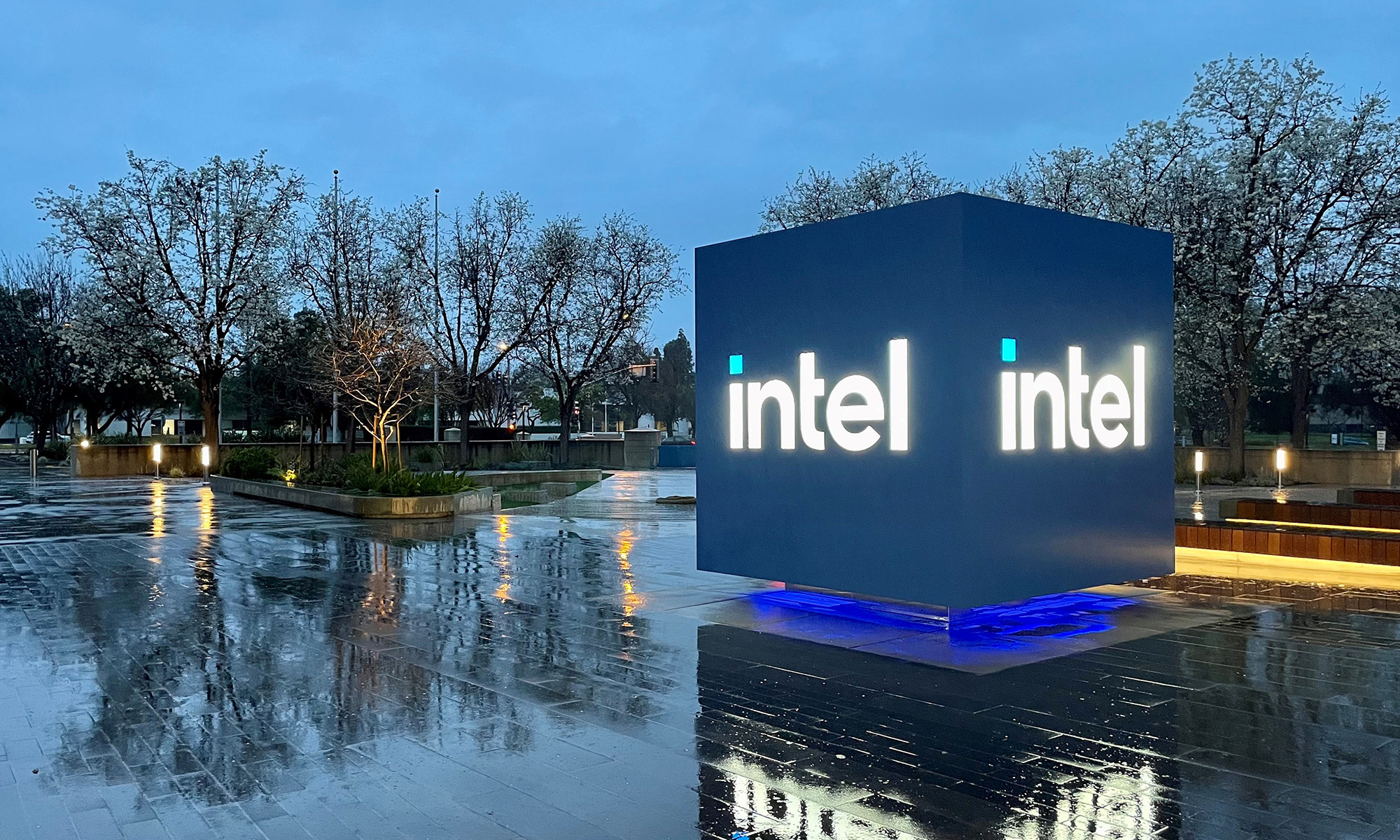For years, "Wintel" dominated the world of computing -- Microsoft's (MSFT +3.45%) operating system, Windows, ran PCs powered by Intel's (INTC 17.03%) processors. The rise of mobile computing has pressured the Wintel platform, but among traditional PCs, Wintel is alive and well.
A new paradigm, however, could be about to emerge -- Antel. Intel's new Bay Trail chips allow for 64-bit Android, meaning that Google's (GOOG 0.73%) Android operating system could be about to get far more powerful -- perhaps powerful enough to cannibalize the bulk of Wintel's market.
Mobile goes 64-bit
Apple characterizes its iPhone 5s as "forward thinking" -- its 64-bit A7 chip packs more power than most mobile computing tasks require. Although Apple claims that the A7 chip is twice as fast as the A6x, the advantages of that new chip won't be realized for some time. Most notably, 64-bit mobile devices can utilize more than 4 GB of ram, a limitation that would've eventually halted the progress of mobile computing.
But with more than 80% of the smartphone market and 60% of the tablet market (and growing), Google's Android is far more significant. Although there are no 64-bit devices running Google's Android today, that will change in the near future.
That will be possible because of Intel's new Bay Trail processor. At Intel's investor meeting last week, the company's management said that Bay Trail will powering 64-bit Android devices next year, including some tablets costing less than $150.
Admittedly, Intel isn't the only chip manufacturing working on making a 64-bit version of Google's operating system a reality. NVIDIA's Tegra 6 could power 64-bit Android devices, while Qualcomm's management is planning to make the transition to 64-bit in the future. Still, Intel is the first company to openly promise 64-bit Android.
Coming in 2014: larger tablets?
Perhaps one of those 64-bit Android devices will be a larger Samsung tablet. The Korean tech giant is said to be working on a larger, 12-inch Android tablet to be released next year. At first, a 12-inch tablet may seem excessively large -- the largest tablets on the market today are only 10.1 inches; but a 12-inch display would be useful for those who want their tablet to function more like a laptop. It might also sport one of Intel's processors -- Samsung has been one of few hardware makers to utilize an Intel chip in one of its tablets.
Consider Asus' new Transformer Book Trio. The device is a tablet running Google's Android with a keyboard dock that sports Microsoft's Windows. Detach the screen from the dock, and you have an 11.6-inch tablet; attach it, and you have a full-featured Ultrabook running Microsoft's PC operating system.
In that case, both operating systems are necessary -- Microsoft's Windows for a powerful, laptop experience; Google's Android for a robust mobile computing environment.
How many PCs will mobile devices replace?
But how much longer will Microsoft's Windows be necessary? The market for Wintel devices has already begun to collapse, as many users are turning to smartphones and tablets for their computing needs. PC shipments are at historic lows, and the demand for mobile devices is continuing to increase -- in fact, research firm Canalsys now expects manufacturers to ship an equal number of tablets and traditional PCs next year.
As Google's Android becomes more powerful, gaining 64-bit processing prowess with chips like Intel's Bay Trail, the need to rely on Microsoft's Windows could slowly evaporate. Certainly, some users will still need Microsoft's operating system, but it'll be a much smaller number going forward.
Analysts at Gartner stunned tech observers earlier this year by predicting that Google's Android would make Microsoft's Windows irrelevant by 2017. Well, that prediction is looking more and more likely every day.






